Mumbai: Focused deliberations on key global issues of harnessing data for development and collective climate action constituted the third day of the 1st Development Working Group (DWG) Meeting under India’s G20 Presidency, being held in Mumbai, Maharashtra. Today marked the conclusion of all five substantive sessions of the four-day-long DWG meeting.
Initiating discussions under Session 3 — ‘Data for Development’ — this morning, India’s DWG co-chairs Joint Secretaries Mr. Nagaraj Naidu and Ms. Eenam Gambhir contextualised the need to galvanise global efforts to effectively accelerate efforts to attain the goals of the 2030 Agenda.
“…as nations strive towards attainment of the SDGs, attention now coalesces globally on digital solutions and systems that enable the effective provision of essential society wide functions and services,” they stated.
Mr. Kshitij Kushagra, Additional Director of India’s Ministry of Electronics and Information Technology (Meity) and a representative of the Digital Economy Working Group (DEWG) highlighted the cross-cutting nature of this issue and the ongoing synergy between the two tracks.
Next, UN SG’s Special Envoy on Technology Amb. Amandeep Singh Gill outlined global opportunities for growth and collaboration across critical sectors like health, education, agriculture, and food security through the effective collection, storage, analysis, and transformation of data sets into digital intelligence.
Lastly, Trobjörn Fredriksson from the UN Conference on Trade and Development (UNCTAD) presented his analysis on the Data for Development Scoping Note, before the G20 nations took the floor.
Country interventions focused on the need for quality data, the need for data with trust, the role of the private sector and civil society, steps needed to bridge the digital divide, capacity building in developing nations, and aligning the work of the DWG with that of the Digital Economy Working Group.
Session 4 shifted focus to Lifestyle for Environment (LiFE), a central priority for India’s G20 Presidency that grounds global climate action in “a reimagining of how we consume, and how we can create ecosystems to support that,” DWG Co-Chair Ms. Gambhir said in her opening remarks.
Drawing from India’s ancient sustainable traditions, LiFE is a bold, transformative approach to sustainable living that proposes global shifts in both consumption (demand) and production (supply) patterns. The proposal also ties closely with the theme of India’s G20 Presidency — ‘Vasudhaiva Kutumbakam’ or ‘One Earth. One Family. One Future,’ which highlights the interconnectedness of all life forms and places equitable responsibility for this shared planet on all that inhabit it.
Presentations by Mr. Guiseppe De Simone of United Nations Industrial Development Organization (UNIDO), and Ms. Divya Dutt from United Nations Environment Programme (UNEP) on the economic and policy frameworks that can enable the adoption of LiFE provided delegates with data-driven perspectives of the scale, and impact, of this alternative demand-supply paradigm. Ms. Dutt also framed the importance of “making sustainable lifestyle aspirational” within the context of circular economies and cross-cutting policy shifts.
Delegates from G20 countries welcomed India’s focus on SDG 12: ‘Responsible Consumption and Production,’ and deliberated avenues to integrate localised realities and knowledge, delineate scope and scale, and identify policy measures that enable and incentivise shifts in this area.
The substantive negotiations ended with Session 5 on the 2023 G20 New Delhi Update, with remarks and a presentation by DWG Co-Chair Ms. Gambhir, a discussion on terms of reference for the outcome document, and concluding remarks by the DWG Co-Chairs.
In the evening, DWG Co-Chairs held a press briefing at the Jio World Convention Centre, providing a detailed overview of the DWG’s undertakings and the group’s plans for future meetings. G20 delegates closed the day with a dinner in the Centre’s lawns.
Between sessions, delegates were able to enjoy the unique taste of Indian Tandoori Chai (tea); which imbibes its smoky flavour from the process of using iron tongs to place a kulhad (small earthen cup) in a hot tandoor.
An excursion to Kanheri Caves in Sanjay Gandhi National Park has been planned for tomorrow to provide delegates an opportunity to experience Mumbai’s cultural and green oasis in the midst of a fast growing urban metropolis after two days of intense deliberations.


Comments are closed.